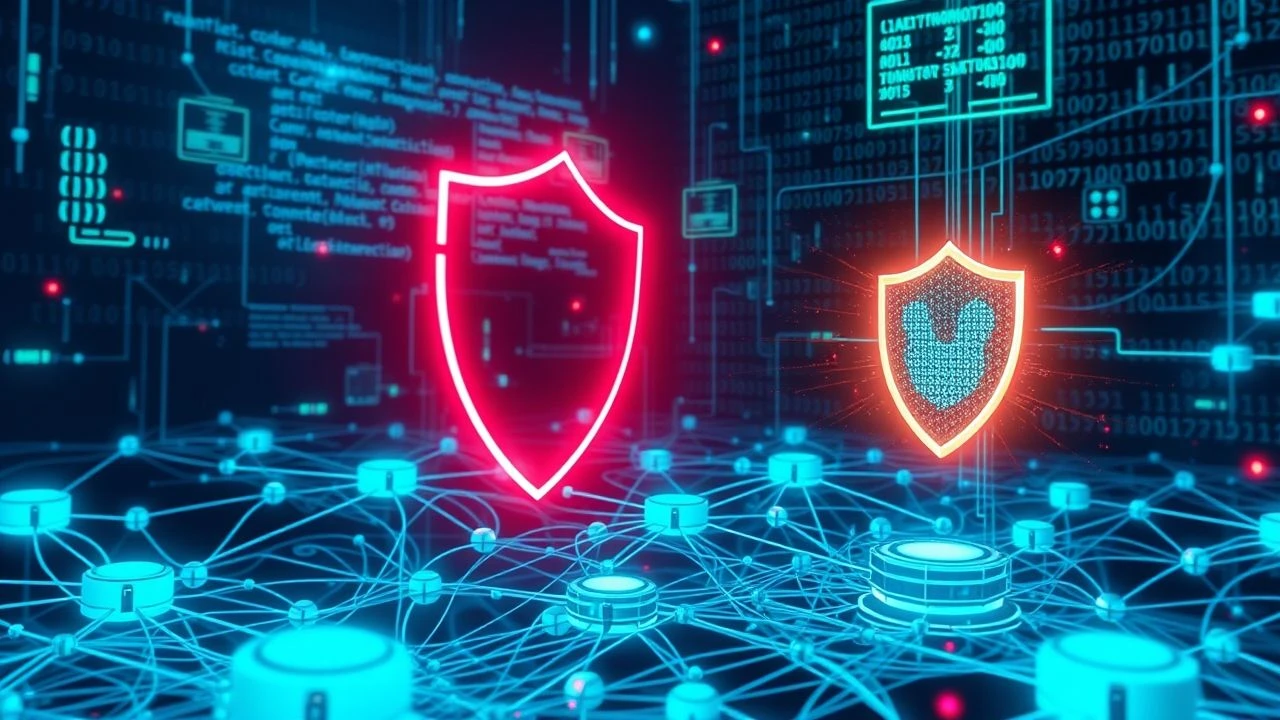
The financial impact isn't just about the money stolen, although that's certainly a big part of it. It's also about the cost of recovery, the damage to reputation, and the potential fines for data breaches. And the attacks themselves are becoming ever more sophisticated. Ransomware, where hackers hold your data hostage until you pay a ransom, is a perennial problem, but we're also seeing the rise of AI-driven threats. These use artificial intelligence to automate and refine attacks, making them harder to detect and defend against.
As one cybersecurity analyst recently put it, "We're in a constant arms race. The bad guys are always looking for new vulnerabilities, and we have to be just as vigilant in finding and fixing them."
This means a proactive approach to cybersecurity is absolutely essential. It's no longer enough to simply react to attacks; you need to anticipate them, prevent them, and have a plan in place to deal with them if they do happen. Neglecting your cybersecurity posture is a gamble you simply can't afford to take in today's world.
"A chain is only as strong as its weakest link,"as the saying goes, and in cybersecurity, your staff are very much part of that chain. Effective training programmes can dramatically reduce the risk. For instance, some firms have implemented simulated phishing attacks followed by targeted training for those who click the bait. This provides a real-world learning experience. Others run regular awareness campaigns focusing on password security and spotting social engineering attempts. The key is to make cybersecurity a part of your company culture, not just a tick-box exercise. Because when it comes to cybersecurity, preparedness is paramount. Failing to prepare is preparing to fail as they say.
Cloud security isn't just a technical issue; it's a business imperative intertwined with regulatory obligations.Furthermore, tackling the trillion-dollar threat that cybersecurity poses requires information sharing and collaboration, both between organisations and across international borders. No single entity can fight this battle alone. We're seeing encouraging initiatives in this space, such as industry-led threat intelligence sharing platforms and governmental partnerships aimed at dismantling cybercrime networks. Examples include:

AI in Healthcare: Revolutionizing Patient Care and Navigating Ethical Dilemmas
Rising Mental Health Awareness Demands Stronger Support Systems and Accessible Resources
Revamping America's Roads: Ambitious Plans to Modernize U.S. Transportation Infrastructure Take Center Stage
Navigating the AI Revolution: Why Regulation is Now Essential
AI Ethics: Tech Leaders and Ethicists Clash Over Algorithmic Bias and the Future of Responsible AI Development
Cities Prioritize Public Transportation Improvements for Sustainable and Accessible Urban Living